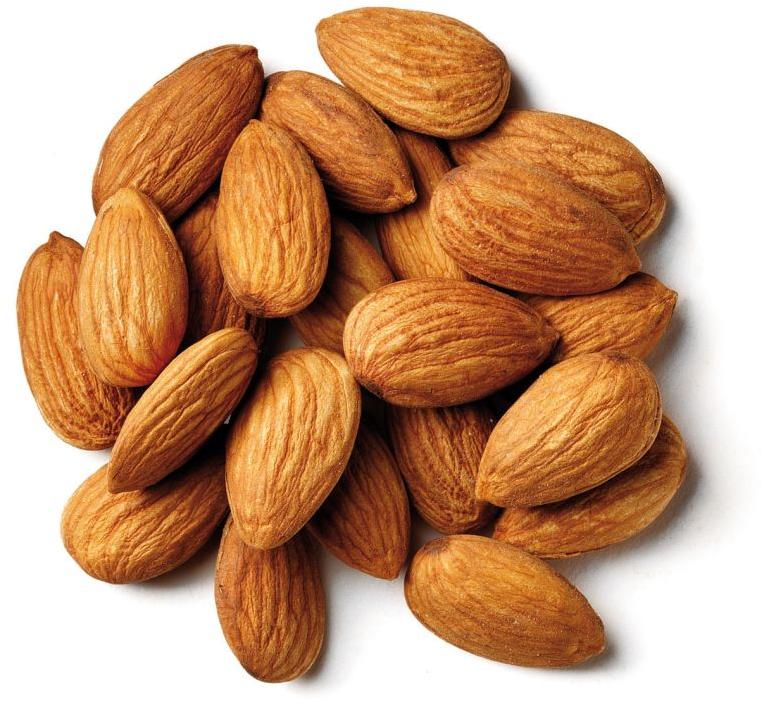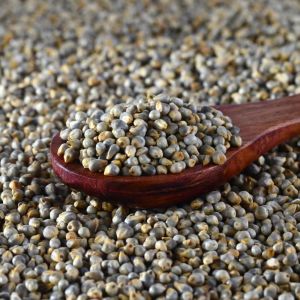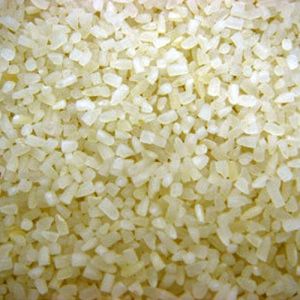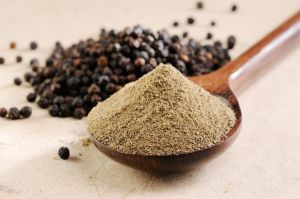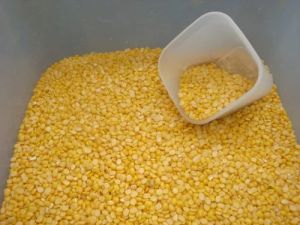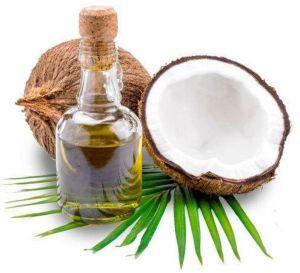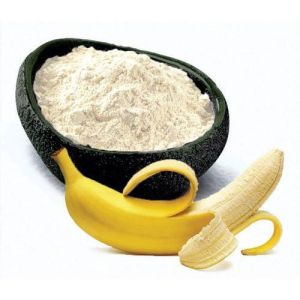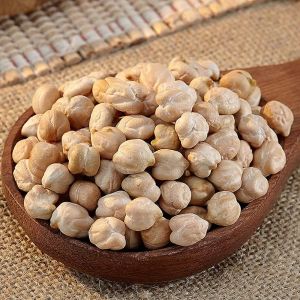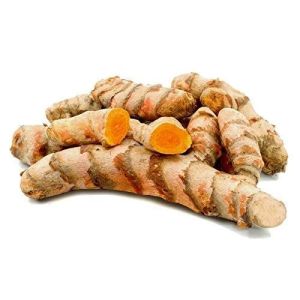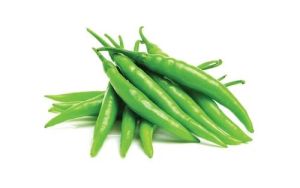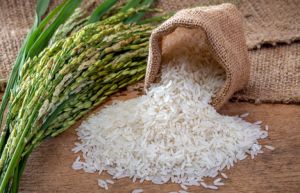- View Mobile Number
Amrutharajexportandimport@gmail.com
850.00 - 1,300.00 / Kilogram
| Business Type | Manufacturer, Exporter, Supplier, Trader |
| Country of Origin | India |
| Shelf Life | 6 Months |
| Packaging Type | 10kg, 1kg, 20kg, 5kg, Plastic Packet |
| Click to view more | |
Preferred Buyer From
| Location | India ( Andhra Pradesh only) & All other countries |
Product Details
Texture
Hard
Cultivation Type
Common
Color
Brown
Type
shelled almonds, in-shelled almonds
moisture content
3% to 6%
Payment Terms
L/C, D/A, D/P, T/T, Western Union, Other
Packaging Details
Packaging Types for Almond Nuts:
Polypropylene (PP) Bags:
Sizes: 1 kg, 5 kg, 10 kg, 25 kg, 50 kg.
Features: Durable and moisture-resistant, suitable for bulk and retail packaging. Often includes inner liners to preserve freshness.
HDPE Bags (High-Density Polyethylene):
Sizes: 25 kg, 50 kg.
Features: Strong and moisture-resistant, ideal for bulk packaging and transportation.
Vacuum-Sealed Pouches:
Sizes: 250 g, 500 g, 1 kg.
Features: Airtight packaging that extends shelf life and preserves freshness. Ideal for retail packaging.
Tin Containers:
Sizes: 500 g, 1 kg, 2 kg.
Features: Airtight and moisture-resistant, often used for premium packaging to maintain the quality and flavor of the almonds.
Carton Boxes:
Sizes: 10 kg, 20 kg, 25 kg.
Features: Used for bulk packaging, especially for export. Often includes inner bags for added protection.
Polypropylene (PP) Bags:
Sizes: 1 kg, 5 kg, 10 kg, 25 kg, 50 kg.
Features: Durable and moisture-resistant, suitable for bulk and retail packaging. Often includes inner liners to preserve freshness.
HDPE Bags (High-Density Polyethylene):
Sizes: 25 kg, 50 kg.
Features: Strong and moisture-resistant, ideal for bulk packaging and transportation.
Vacuum-Sealed Pouches:
Sizes: 250 g, 500 g, 1 kg.
Features: Airtight packaging that extends shelf life and preserves freshness. Ideal for retail packaging.
Tin Containers:
Sizes: 500 g, 1 kg, 2 kg.
Features: Airtight and moisture-resistant, often used for premium packaging to maintain the quality and flavor of the almonds.
Carton Boxes:
Sizes: 10 kg, 20 kg, 25 kg.
Features: Used for bulk packaging, especially for export. Often includes inner bags for added protection.
Product Name: Almond Nuts
Scientific Name: Prunus dulcis
Description:
Almond nuts are the edible seeds of the almond tree, with a hard shell that encloses the seed. The nuts are typically oval-shaped and have a smooth, brownish skin. Almonds are available in various forms, including whole, sliced, slivered, and ground.
Uses:- Snacking: Consumed raw, roasted, salted, or flavored.
- Culinary: Used in cooking and baking, including in cakes, cookies, pastries, and granola.
- Confectionery: Incorporated into chocolates, marzipan, and almond butter.
- Milk & Cream: Used to make almond milk and almond-based creams.
- Calories: 579 kcal
- Protein: 21.1 g
- Fat: 49.4 g
- Carbohydrates: 21.6 g
- Dietary Fiber: 12.5 g
- Vitamin E: 25.6 mg
- Magnesium: 268 mg
- Calcium: 269 mg
- Iron: 3.7 mg
Almonds are graded based on their size, color, and quality. Common grades include:
- California Almonds: Known for their large size and consistent quality.
- Nonpareil: Premium grade, with thin shells and high-quality kernels.
- Carmel: Slightly larger and thicker-skinned than Nonpareil.
- Sonora: Known for its long, narrow kernels and crunchy texture.
- Sliced/Slivered: Almonds that are cut into thin slices or slivers, often used in baking or as toppings.
- Bags: 1 kg, 5 kg, 10 kg, 25 kg, 50 kg, or as per buyer’s requirement.
- Type: Polypropylene (PP) Bags, HDPE Bags, Vacuum-Sealed Pouches, Tin Containers, or Carton Boxes.
- Customized Packaging: Available for specific buyer requirements, including private labeling and branding.
- Export: Almond nuts are exported globally, including to
the Middle East, Europe, North America, and Asia.
- Domestic Market: Widely consumed in households, used by food processors, and included in various processed foods.
- Blue Diamond
- Wonderful
- Almonds for Life
- Nutty Delights
- Natural Harvest
Looking for "Almond Nuts" ?
Ton
